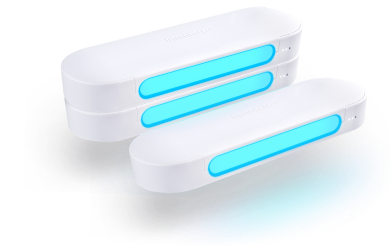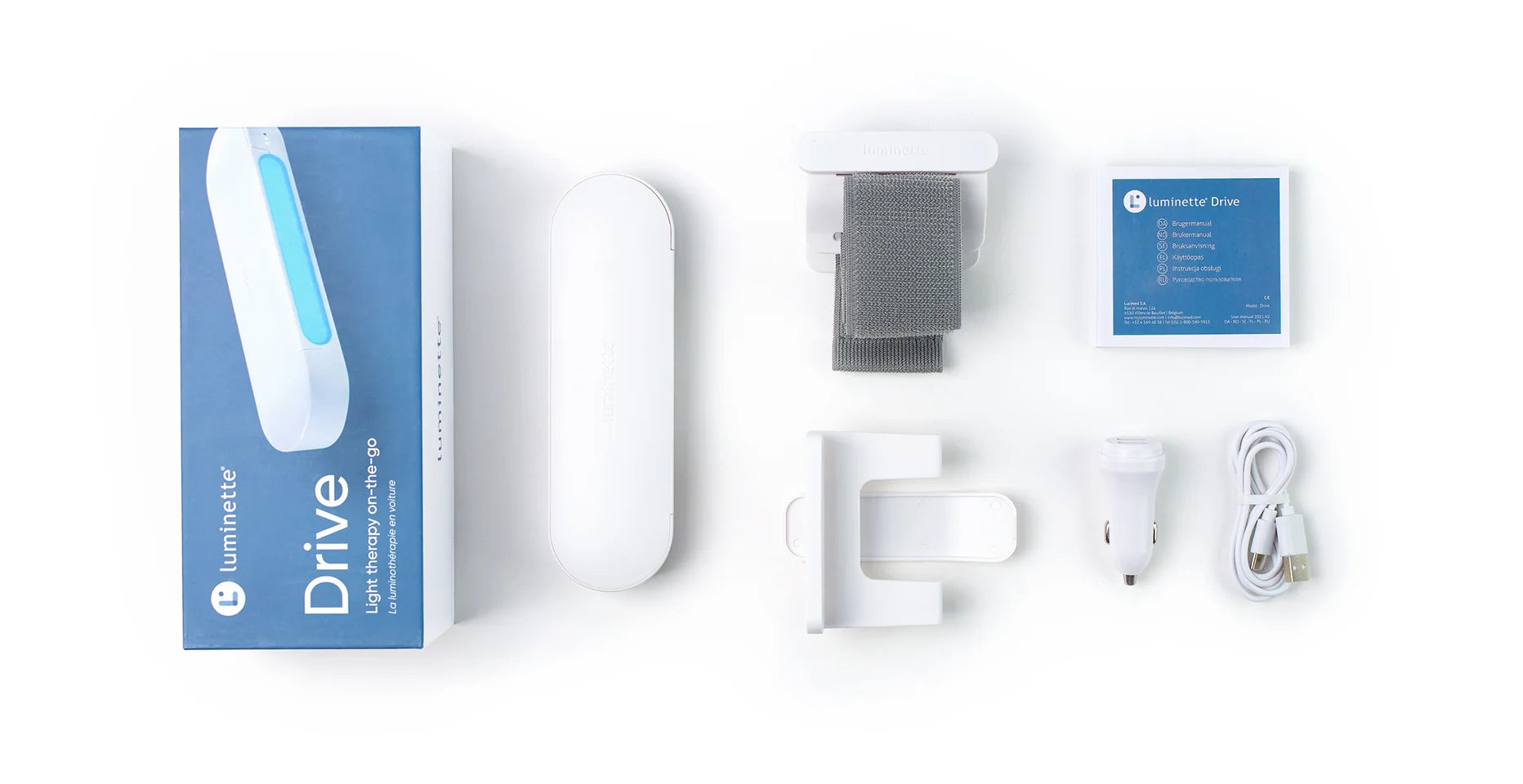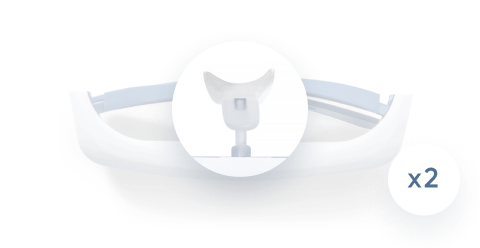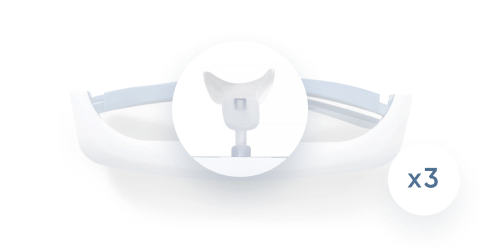At få nok søvn er afgørende for både fysisk og mental sundhed. Desværre har mange mennesker svært ved at falde i søvn eller forblive sovende gennem natten. Her kan bøger være nyttige. Læsning inden sengetid har vist sig at hjælpe med at berolige sindet og forberede kroppen på søvn. Faktisk viser en undersøgelse fra 2009, offentliggjort i tidsskriftet Sleep, at blot seks minutters læsning kan reducere stressniveauet med op til 68%. Men hvilke bøger er bedst at læse inden sengetid for bedre søvn? I denne artikel vil vi udforske en række muligheder fra fiktion til non-fiktion, mindfulness til selvhjælp og børnebøger til voksenlæsning, alt sammen med det formål at hjælpe dig med at forbedre dine søvnvaner og få en bedre nats hvile.
Hvordan læsning hjælper søvnen
Søvn er en kompleks fysiologisk proces, der er afgørende for fysisk og mental genopretning. Under søvn gennemgår vores kroppe forskellige stadier, herunder REM (rapid eye movement) og non-REM søvn. Hvert stadie spiller en kritisk rolle i at genoprette og reparere forskellige kropsfunktioner. Fordelene ved søvn er mange, herunder forbedret kognitiv funktion, humørregulering og immunsystemets funktion. Læsning inden sengetid har vist sig at hjælpe med at forbedre søvnkvaliteten ved at reducere stress- og angstniveauer. Det kan også hjælpe med at regulere kroppens døgnrytmer, som er essentielle for at falde i søvn og vågne på de rette tidspunkter. Derudover hjælper læsning med at aflede sindet fra negative tanker eller bekymringer, der kan holde os vågne om natten, hvilket gør det lettere at glide ind i en rolig søvn.
Vigtigheden af læsning for bedre søvn
Ifølge National Sleep Foundation kan læsning inden sengetid hjælpe med at fremme afslapning og forbedre den samlede søvnkvalitet. Ved at engagere sig i en stille, beroligende aktivitet som læsning, tillader det vores kroppe og sind at slappe af efter dagens stressfaktorer. Derudover har læsning vist sig at sænke pulsen og reducere muskelspændinger, hvilket gør det til en ideel aktivitet før søvn.
Berolig dit sind
At læse inden sengetid kan betydeligt berolige dit sind. I modsætning til skærme, der udsender blåt lys, som kan forstyrre melatoninproduktionen, giver en bog en form for mental flugt uden overstimulering. En velvalgt bog kan transportere dig til en anden verden og hjælpe med at aflede dine tanker fra dagens stress.
Reducering af stressniveauer
Læsning kan reducere stressniveauet med op til 68 %, ifølge en undersøgelse fra University of Sussex. For kontorarbejdere, erhvervsfolk og studerende kan denne stressreduktion være særligt gavnlig. Med lavere stressniveauer kan din krop lettere gå i søvntilstand, hvilket fører til en mere afslappende nat.
At skabe en konsekvent rutine
At skabe en daglig vane med at læse om aftenen kan signalere til din krop, at det er tid til at slappe af, hvilket gør det lettere at falde i søvn. For dem, der søger stresshåndtering og sundhed og velvære, kan etablering af en sådan rutine over tid forbedre søvnkvaliteten. Konsistens er nøglen til at træne din krop til at genkende, hvornår det er tid til at sove.
Skønlitteratur kan være en fantastisk måde at slappe af og koble af inden sengetid. De tilbyder en form for eskapisme fra vores daglige liv og kan hjælpe med at transportere os til andre verdener og oplevelser. Nøglen til at vælge en god skønlitterær bog for bedre søvn er at finde en, der ikke er for stimulerende eller følelsesmæssigt intens. Thrillere, gyserhistorier eller intense dramaer er måske ikke de bedste valg, da de kan være for stimulerende og holde os vågne. Vælg i stedet bøger med beroligende eller rolige fortællinger, såsom kærlighedsromaner, blide mysterier eller hjertevarmende historier. Bøger med positive slutninger og feel-good temaer kan også hjælpe med at forbedre humøret og fremme afslapning, hvilket gør dem perfekte til sengetidslæsning. Derudover kan læsning af skønlitteratur hjælpe med at forbedre empati og følelsesmæssig intelligens, hvilket kan føre til bedre relationer og generelt velvære.
"Sleep Smarter: 21 essentielle strategier til at sove dig til en bedre krop, bedre helbred og større succes" af Shawn Stevenson - Denne fagbog tilbyder praktiske tips og strategier til at forbedre søvnkvaliteten, herunder råd om ernæring, motion og sengetidsrutiner.
"The Promise of Sleep: En pioner inden for søvnmedicin udforsker den vitale forbindelse mellem sundhed, lykke og en god nats søvn" af William C. Dement - Denne fagbog undersøger søvnens videnskab og giver indsigt i de mange fordele ved at få tilstrækkelig hvile. Den diskuterer også almindelige søvnforstyrrelser og deres behandling.
"Say Good Night to Insomnia: Det seks-ugers, medicinfri program udviklet på Harvard Medical School" af Gregg D. Jacobs - Denne selvhjælpsbog tilbyder et seks-ugers program til at overvinde søvnløshed uden brug af medicin. Den indeholder teknikker til at forbedre søvnvaner og reducere angst.
"The Happy Sleeper: Den videnskabsunderbyggede guide til at hjælpe din baby med at få en god nats søvn - Fra nyfødt til skolealder" af Heather Turgeon og Julie Wright - Denne forældrebog giver vejledning i, hvordan man etablerer sunde søvnvaner for spædbørn og børn. Den indeholder råd om at skabe en beroligende sengetidsrutine og håndtere almindelige søvnproblemer.
"Solve Your Child's Sleep Problems: New, Revised, and Expanded Edition" af Richard Ferber - Denne forældrebog giver råd om, hvordan man hjælper børn i alle aldre med at etablere sunde søvnvaner. Den indeholder teknikker til at håndtere almindelige søvnproblemer som natlige opvågninger og vanskeligheder med at falde i søvn.
"The Nocturnal Journal: A Late-Night Exploration of What's Really on Your Mind" af Lee Crutchley - Denne guidede dagbog giver forslag til refleksion over tanker og følelser før sengetid. Den er designet til at fremme afslapning og mindfulness.
"The Family That Couldn't Sleep: A Medical Mystery" af D.T. Max - Denne fagbog fortæller historien om en familie, der er ramt af en sjælden genetisk sygdom, der forårsager søvnløshed. Den udforsker søvnens videnskab og de måder, hvorpå søvnforstyrrelser kan påvirke individer og familier.
"The Sleep Solution: Why Your Sleep is Broken and How to Fix It" af W. Chris Winter - Denne fagbog tilbyder praktiske råd og tips til at forbedre søvnkvaliteten, herunder vejledning om søvnhygiejne, søvnforstyrrelser og brug af teknologi.
"The Sleep Revolution: Transforming Your Life, One Night at a Time" af Arianna Huffington - Denne fagbog undersøger vigtigheden af søvn og de måder, hvorpå vores kultur undervurderer den. Den giver indsigter i fordelene ved at få nok hvile og tilbyder praktiske tips til at forbedre søvnkvaliteten.
"Snooze: The Lost Art of Sleep" af Michael McGirr - Denne fagbog udforsker søvnens historie og videnskab samt søvnens kulturelle og personlige betydning. Den indeholder refleksioner over søvnens rolle i vores liv.
"Dangerously Sleepy: Overworked Americans and the Cult of Sleep Deprivation" af Alan Derickson - Denne fagbog undersøger, hvordan søvnmangel er blevet en kulturel norm i USA. Den udforsker de sociale og økonomiske faktorer, der bidrager til søvnmangel, samt sundhedsrisiciene forbundet med mangel på søvn.
"The Secret Life of Sleep" af Kat Duff - Denne fagbog udforsker de mange dimensioner af søvn, herunder dens kulturelle, historiske og psykologiske betydning. Den indeholder indsigter i, hvordan søvn påvirker vores fysiske og mentale helbred samt vores kreativitet og følelsesmæssige velvære.
Husk, nøglen er at finde en bog, der hjælper dig med at slappe af og koble af, og som du nyder at læse. Med den rette bog i hånden kan du skabe en beroligende sengetidsrutine, der fremmer bedre søvn og en mere afslappende nat.
Kriterier for valg af søvnfremmende bøger
Ikke alle bøger er skabt lige, når det kommer til at fremme bedre søvn. Her er nogle kriterier, du bør huske på, når du vælger dine sengebordsbøger:
Blidt indhold
Når du vælger en bog til at hjælpe dig med at sove, er indholdet altafgørende. Bøger med blide fortællinger eller stressfri plots er ideelle. Undgå genrer som horror eller thriller, der kan øge adrenalin og holde dig vågen. Vælg i stedet beroligende historier eller endda faglitteratur, der ikke vækker stærke følelser.
Engagerende, men ikke overstimulerende
Den bog, du vælger, bør være engagerende nok til at fastholde din interesse, men ikke så stimulerende, at den holder dig vågen. Klassisk litteratur, poesi og visse faglitterære genrer som historie eller selvhjælp kan give en god balance. For erhvervsfolk og sundhedsinteresserede kan bøger om produktivitet og mindfulness både være engagerende og afslappende.
Længde og struktur
Kortere historier eller kapitler er ideelle til sengetidslæsning. De giver naturlige stopsteder, hvilket gør det lettere at lægge bogen fra sig og falde i søvn. For kontorledere og indretningsarkitekter, der kan have varierende skemaer, giver kortere læsning fleksibilitet uden at gå på kompromis med rutinen.
Tips til at skabe en sengetidslæserutine
Sæt tid af
Konsistens er afgørende for at etablere enhver rutine. Sæt tid af hver aften til læsning. Det kan være 30 minutter til en time før du planlægger at sove. For studerende og erhvervsfolk kan dette være en god måde at skifte fra arbejde eller studiemode til afslapning.
Skab et behageligt læsemiljø
Dit læsemiljø spiller en væsentlig rolle for, hvor effektiv din sengetidsrutine bliver. Sørg for, at du har en behagelig stol eller seng, godt lys, der ikke er for skarpt, og måske noget beroligende baggrundsmusik eller hvid støj. Indretningsarkitekter kan bruge denne mulighed til at skabe et roligt rum specielt til sengetidslæsning.
Begræns distraktioner
For at få mest muligt ud af din læserutine, begræns distraktioner. Sæt din telefon på lydløs, sluk for TV'et, og fokuser udelukkende på din bog. For kontorarbejdere og erhvervsfolk kan det betyde at sætte grænser for arbejdsrelaterede enheder og notifikationer.
Ved at inkorporere disse tips og vælge de rigtige slags bøger kan du markant forbedre kvaliteten af din søvn. Lad os nu udforske nogle fremragende boganbefalinger, der kan hjælpe dig i gang med denne beroligende sengetidsritual.
Endelige anbefalinger til bedre søvn gennem læsningens kraft
Læsning kan være en sund og effektiv måde at slappe af på inden sengetid, og det kan endda hjælpe med at reducere stress- og angstniveauer. Ved at gøre læsning til en fast del af din aftenrutine kan du signalere til din hjerne, at det er tid til at slappe af og forberede sig på søvn.
Nogle af de bøger, der er nævnt i denne artikel, kan tilbyde specifikke tips og teknikker til at forbedre søvnen, såsom åndedrætsøvelser, meditation eller kognitiv adfærdsterapi. Ved at følge disse eksperters råd kan du muligvis løse specifikke søvnproblemer og forbedre kvaliteten af din hvile.
Ud over de specifikke bøger, der nævnes i denne artikel, findes der mange andre titler, der kan hjælpe med at fremme bedre søvn. Nogle populære kategorier inkluderer mindfulness og meditation, selvhjælp og personlig udvikling samt erindringer eller fiktion, der tilbyder en beroligende og afslappende flugt.
Endelig er det værd at bemærke, at selvom læsning kan være et godt redskab til at forbedre søvnen, er det ikke en magisk løsning. Hvis du oplever vedvarende eller alvorlige søvnproblemer, er det vigtigt at tale med din sundhedsudbyder for at udelukke eventuelle underliggende medicinske tilstande og undersøge andre behandlingsmuligheder.
Alt i alt kan du ved at indarbejde læsning i din søvnrutine og udforske de mange gode bøger om emnet tage et aktivt skridt mod at opnå bedre hvile og vågne op og føle dig frisk og energisk hver dag.
Ofte stillede spørgsmål
Er læsning inden sengetid virkelig hjælpsomt for søvnen?
Ja, læsning inden sengetid kan være meget hjælpsomt for søvnen. Det kan hjælpe med at slappe af i sindet og reducere stressniveauet, hvilket gør det lettere at falde i søvn.
Er det bedre at læse fysiske bøger eller e-bøger inden sengetid?
Det er generelt bedre at læse fysiske bøger inden sengetid, da elektroniske enheder udsender blåt lys, som kan forstyrre din døgnrytme og gøre det sværere at falde i søvn. Hvis du foretrækker e-bøger, så prøv at bruge en enhed med blåt lys-filter eller læs i et andet rum.
Bør jeg undgå at læse visse typer bøger, hvis jeg vil sove bedre?
Ja, det er generelt bedst at undgå at læse bøger, der er for stimulerende eller spændende inden sengetid, såsom thrillere, gyserhistorier eller actionfyldte romaner. Denne type bøger kan gøre det sværere at slappe af og falde i søvn.
Hvor længe bør jeg læse inden sengetid for at hjælpe mig med at sove?
Dette kan variere fra person til person, men at læse i 20-30 minutter inden sengetid anses generelt for at være hjælpsomt til at fremme søvn.
Kan læsning faktisk kurere søvnløshed eller andre søvnforstyrrelser?
At læse alene vil sandsynligvis ikke kurere søvnløshed eller andre søvnforstyrrelser, men det kan være et nyttigt redskab til at fremme afslapning og reducere stressniveauet inden sengetid.
Kan læsning hjælpe mig med at slappe af og reducere stressniveauet inden sengetid?
Ja, læsning kan være en fantastisk måde at slappe af på og reducere stressniveauet inden sengetid. Det kan hjælpe med at berolige dit sind og forberede dig på søvn.
Er der nogen specifikke teknikker eller tips til at læse inden sengetid for at forbedre søvnen?
Nogle tips til at læse inden sengetid for at forbedre søvnen inkluderer at finde et behageligt sted at læse, undgå stimulerende materiale og sætte en konsekvent læserutine.
Hvordan sammenlignes læsning inden sengetid med andre afslapningsteknikker, som meditation eller dyb vejrtrækning?
At læse inden sengetid kan være lige så effektivt som andre afslapningsteknikker, såsom meditation eller dyb vejrtrækning. Det afhænger helt af, hvad der fungerer bedst for dig og dine individuelle behov.


















































 Bemærk venligst
Bemærk venligst



















